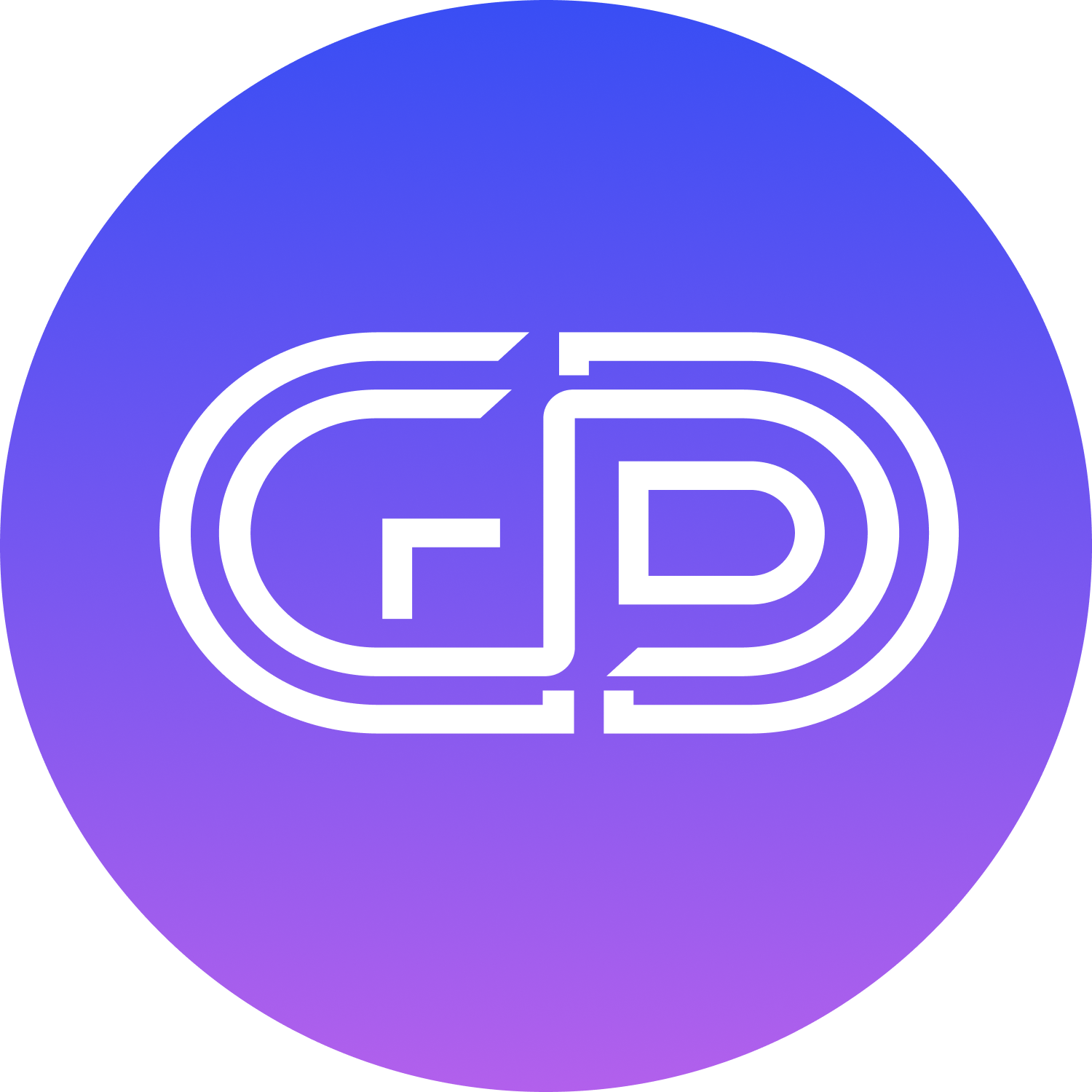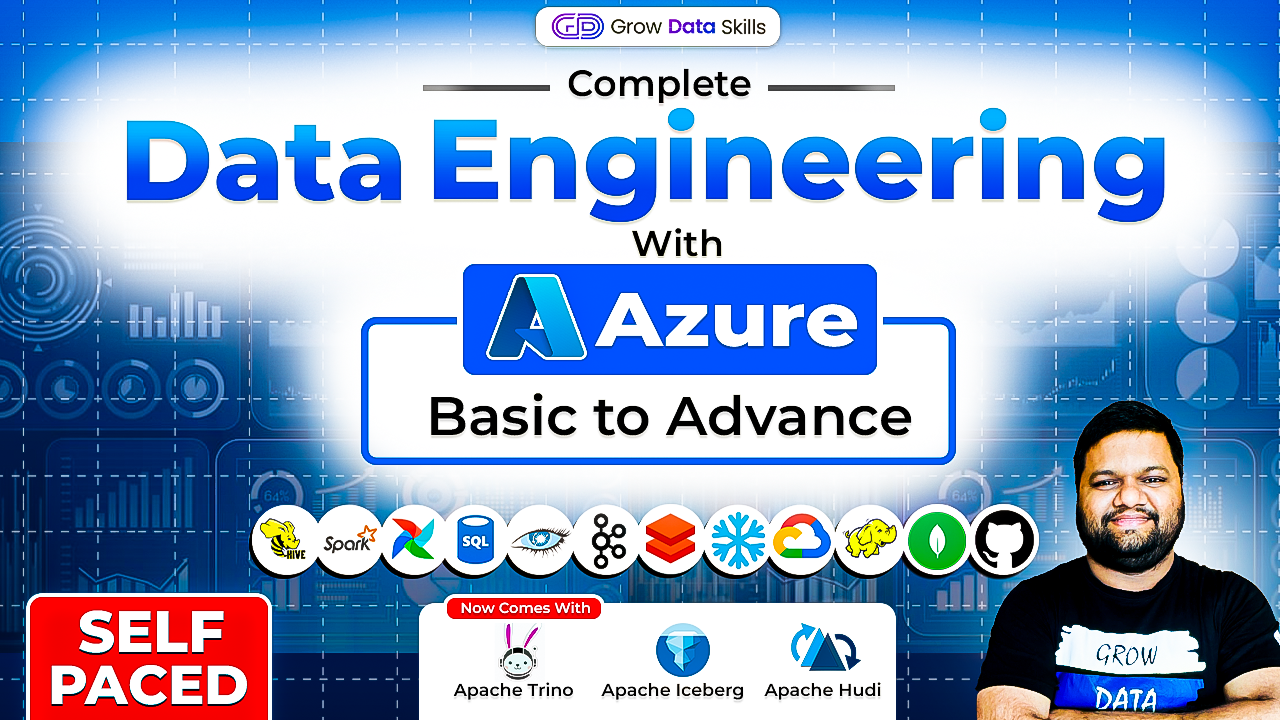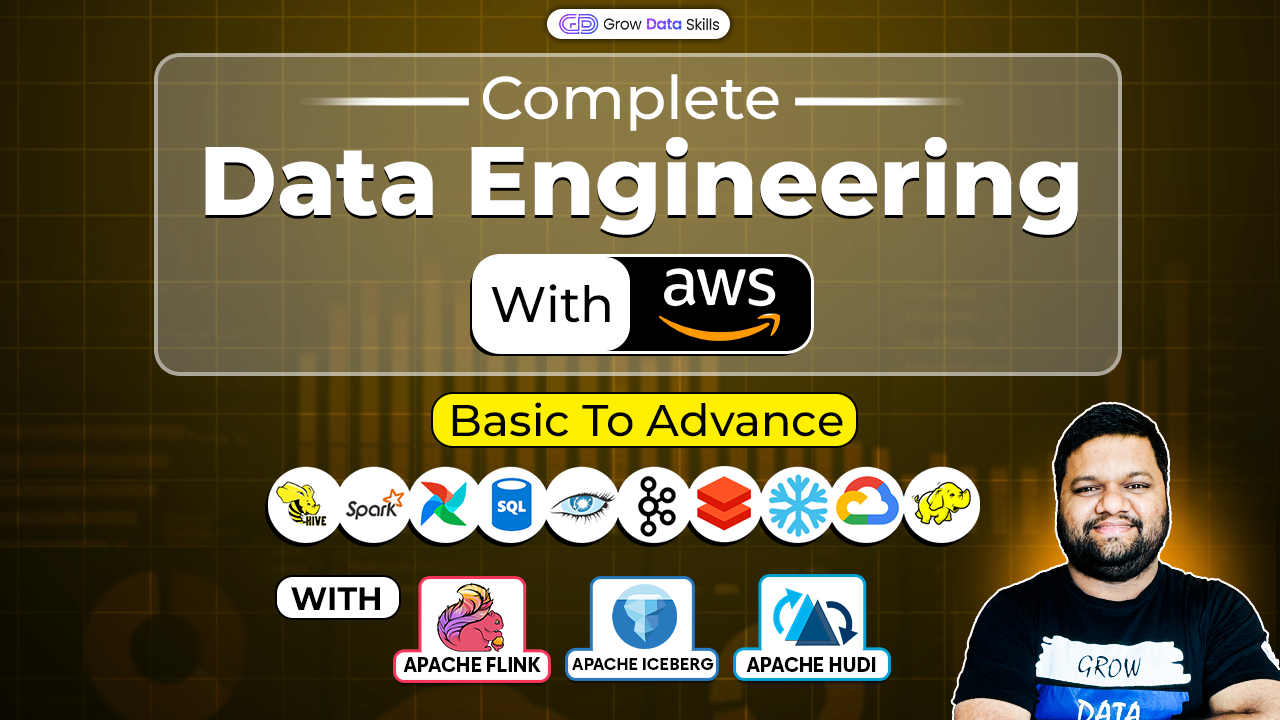Round 1: Technical
✅ DSA Questions:
🔹 Rainwater Trapping Problem: A classic algorithmic challenge focused on optimizing space and time complexity.
🔹 Priority Queue Problem: Related to task prioritization, though I don’t recall the exact details.
✅ SQL Questions:
🔹 Focused on window functions, their applications, and strategies to optimize SQL queries.
Round 2: Technical (Design Round)
✅ Project Discussion:
🔹 Shared insights into my previous projects.
🔹 Discussed best practices in software and data engineering, explaining how I implemented them in real-world scenarios.
✅ Design Question:
🔹 Scenario: Design a solution to migrate data from multiple sources (Hadoop, S3, and Oracle DB) to a final S3 bucket.
🔹 Focus: Explained service and tool selection, with emphasis on: Error logging, Scalability, Fault tolerance
✅ Spark Coding Challenge:
🔹 Task: Given two data frames, perform data processing and store the final output in another data frame.
🔹 Skills Evaluated: Proficiency in PySpark and data transformation logic.
Round 3: Managerial
✅ Projects Discussion:
🔹 A detailed discussion on my projects, focusing on: The rationale behind choosing specific tools and services.
🔹 Challenges faced and how I overcame them.
✅ Real-Life Scenario Questions:
Examples of handling pipeline issues, such as:
🔹 Managing overload situations.
🔹 Resolving service downtimes.
✅ Behavioral Questions:
🔹 Emphasized problem-solving, teamwork, and adaptability skills through situational examples.
Round 4: HR
🔹 Discussion of offer details and PayPal’s compensation structure.
🔹 Standard behavioral questions related to:
🔹 Company culture.
🔹 Alignment with PayPal’s values and expectations.
✅ Key Takeaways
🔹 The interview process was thorough, testing a mix of technical, design, and interpersonal skills.
🔹 Each round had a clear purpose and evaluation criteria, ensuring a holistic assessment.
🔹 It was an excellent opportunity to showcase both technical proficiency and problem-solving abilities.



